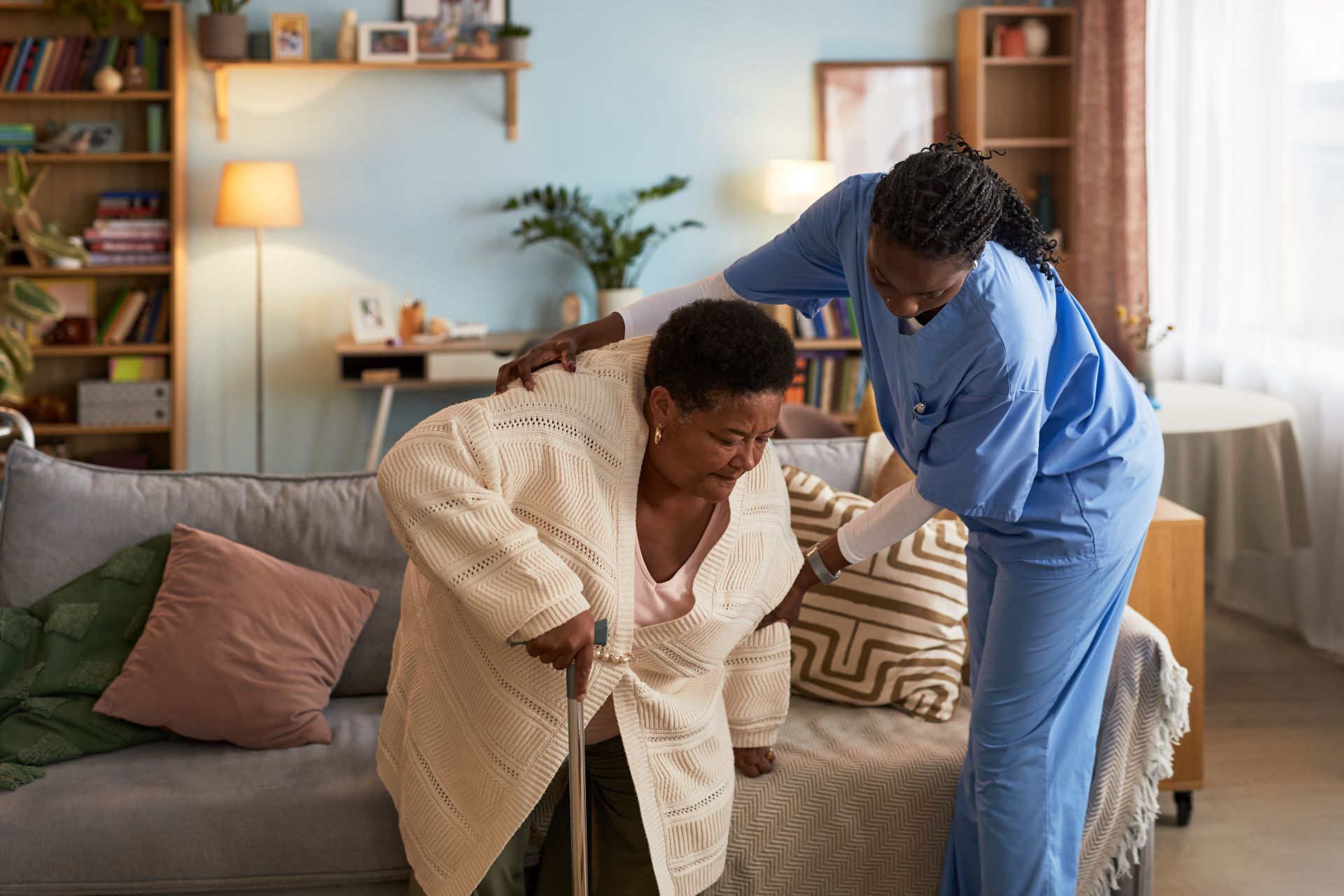How Hearing Loss May Increase the Risk of Dementia in Seniors
Understand the connection between hearing loss and increased risk of dementia in elders and how you can proceed.
The ability to hear touches all aspects of our lives. From an individual’s emotional and physical well-being to their activities and professional career they enjoy outside of work, hearing can be profound at every age.
For seniors with hearing loss , the use of a hearing aid is associated with a lower risk of several health problems from aging. They include dementia, falls, and depression. This is according to a new study in the Journal of the American Geriatrics Society.
Body of research
This study is a part of an increasing body of research that links hearing loss to dementia and memory issues. Over 25 years ago, hearing impairment in older adults was strongly and independently associated with the likelihood of having dementia in a controlled study. The amount of these studies has increased over time, further bolstering the case of age-related hearing impairment and its link to the risk of dementia .
Connection of dementia and brain
Studies of imaging have proven that individuals with untreated hearing loss have reduced neuron volumes in the auditory cortex. These are responsible for speech processing and understanding in the brain. These individuals also demonstrated faster rates of overall brain degeneration.
This stems from auditory deprivation, which refers to depriving the brain of stimulation from sounds. For seniors with untreated hearing losses, the reduced ability to hear everyday sounds may lead to diminished sound processing activity by the brain. As the brain receives fewer sounds, it becomes less active in processing a person’s surroundings and recognizing speech.
Financial impacts
The failure to treat hearing loss can also create financial impacts as well. A further study compared financial costs between those that have normal hearing versus those with hearing loss. Those with normal hearing 26 percent lower healthcare costs compared to those with hearing loss. These numbers accelerate over time as well. After 10 years, the difference in healthcare costs tops 46 percent. Elements associated with the increase include dementia, depression, falls, lower quality of life, and cognitive decline. The additional costs stem from these and other medical conditions.
Coping with hearing loss
By using hearing aids, elders affected by hearing loss can change these figures and help with some of the health issues connected with hearing loss. It is vital for these individuals to understand how hearing loss can affect their lives.
Patients should regularly undergo hearing tests to identify hearing loss . Hearing loss usually happens over time and is an invincible disability. Therefore, many may not even recognize the extent of hearing loss that they have. Seniors and their loved ones both need to recognize how to communicate effectively once someone is proven to have hearing loss.
Additionally, it is important for seniors to regularly wear their hearing aids. Hearing aids may not result in a full improvement. Patients and their loved ones need to understand what the patient can realistically expect to hear while wearing them.
Get tested early
It’s critical that hearing tests occur as early as possible to provide a baseline of hearing. Because the results of hearing loss can be so detrimental, hearing tests should be taken seriously and performed annually. At every age, hearing protection such as ear muffs, earplugs, and other over the counter hearing protection should be a routine staple of every household along with limits to high volume exposure such as through headphones.
Read more of our insights for tips to help you manage your health and well being or for your senior loved one to maintain a higher quality of life as you age.
Aging adults who need help around the house, accompaniment to medical appointments and social events, and assistance with monitoring health conditions can benefit from having an in-home support provider. Seniors can enjoy greater independence and receive regular stimulation when relying on a trusted caregiver who is trained in different aspects of senior care. Our care services are specifically tailored to recognize the signs and symptoms of dementia and Alzheimer’s and also designed to work with those that already have the disease.
The post How Hearing Loss May Increase the Risk of Dementia in Seniors appeared first on Chosen Family Home Care.












